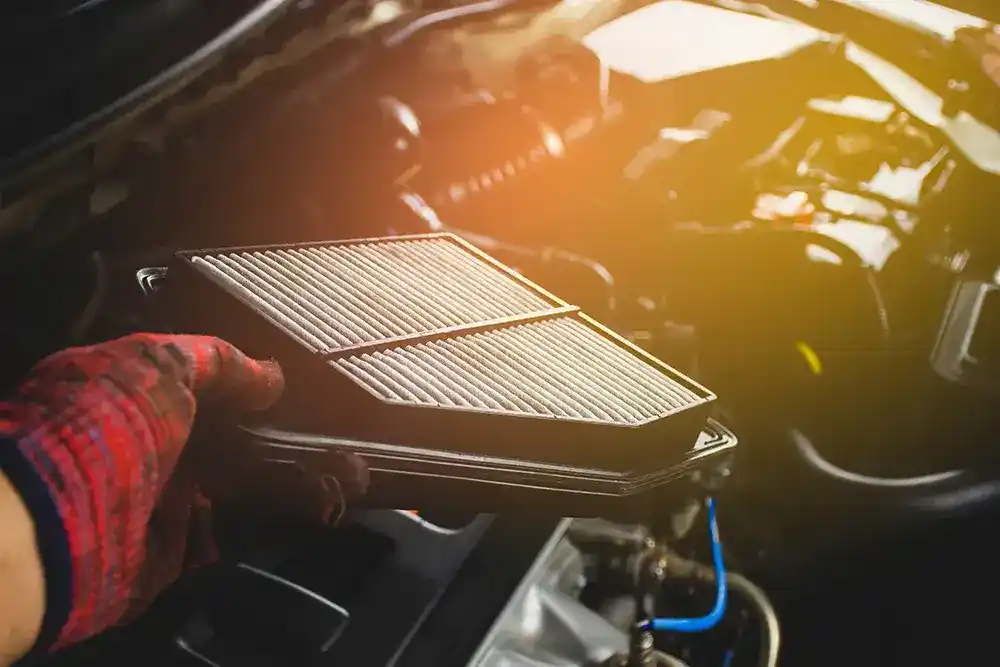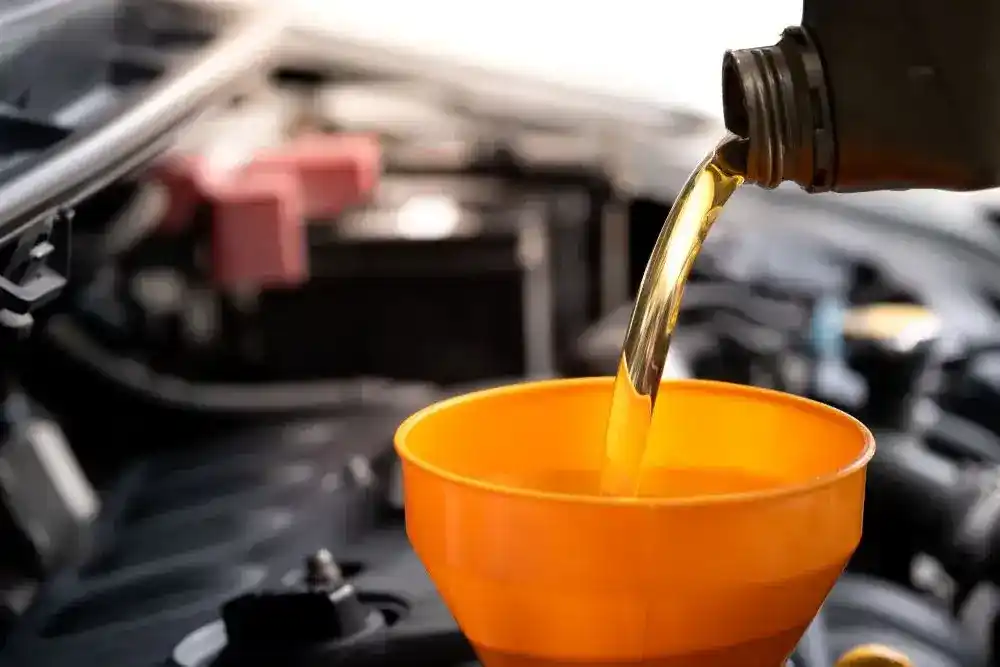Improve Car Performance: 5 Easy Maintenance Tips
28 Mar 2024

Do you feel like your car’s engine isn’t performing as well as it should be? Perhaps you’ve noticed that acceleration is sluggish and fuel economy is dwindling? Don't resign yourself to driving with an inefficient engine.
There are many simple maintenance tasks and adjustments you can do to give your engine a new lease of life and keep your car running as it should be.
Before you turn to fancy (and often expensive) modifications, consider your car maintenance routine; after all, regular and timely maintenance is key to consistent engine performance.
There are some basic routine maintenance practices you can do to improve and maintain your car’s engine performance:
1. Check and change your engine oil regularly
A car engine is a complex system of multiple moving parts. Its efficient functioning relies heavily on lubrication. And that's where regular engine oil changes come in.
- Fresh engine oil acts like a slippery shield, coating engine parts to reduce friction and wear. Regular oil changes reduce wear and tear, keeping your engine running smoothly for longer.
- Engine oil plays a vital role in keeping engine parts cool. As oil circulates, it absorbs heat from the engine, preventing overheating and potential damage.
- Over time, engine wear and tear generate tiny metal particles and other debris. Engine oil acts like a magnet, trapping these contaminants in the filter before they can cause damage.
- Clean, friction-free parts and proper heat management mean your engine doesn't have to work as hard to generate the same power, resulting in better fuel economy.
Regular oil changes keep your engine clean and result in a smoother performance and lower repair costs. It is always advisable to check your car’s owner’s manual for the manufacturer's recommended oil change interval, rather than relying on your engine check light to appear.
2. Choose the recommended engine oil for your car
Checking your car's owner's manual for the recommended engine oil is essential because the manufacturer has engineered the engine to operate optimally with specific oil types and viscosities. Using the recommended oil viscosity for your car ensures adequate lubrication across varying temperatures while also helping to optimise fuel economy.
The recommended oil provides the right level of protection based on the manufacturer's rigorous testing and specifications tailored to your vehicle's make, model, driving conditions and emission standards. Following the guidelines adheres to warranty requirements and helps extend the engine's lifespan by reducing wear and tear.

3. Don’t forget to clean your air filter
First things first - what does the air filter do on a car? An air filter acts as a tiny shield, protecting your engine from harmful contaminants in the air.
Your engine needs the right amount of oxygen to efficiently burn fuel and generate power. A clogged air filter restricts the clean airflow into your car’s engine, meaning that your engine gets less oxygen. An unbalanced fuel-to-air ratio makes the engine burn fuel inefficiently leading to reduced power.
To avoid this, you need to check your air filter regularly and replace it as and when it needs it.
Here are some top tips to help you check your air filter:
- Every car is different, so check your car owner's manual for specific instructions on how to clean or replace your air filter.
- Never use harsh chemicals or solvents to clean an air filter, as they can damage the material.
- If you're unsure about your ability to clean the filter effectively, it's best to replace it to avoid any complications.
- Regular checks and cleaning are crucial to prevent excessive clogging and maintain optimal engine performance.
4. Inspect your spark plugs
A spark plug is a small but crucial component in any car engine. It plays a vital role in the combustion process, igniting the air-fuel mixture inside the cylinders to generate the power that propels your car forward.
Spark plugs are typically found on top or near the top of the engine cylinder head (although this does vary on the make, model and year of your vehicle), which is the part of the engine that covers the cylinders where the combustion process takes place.
Worn-out spark plugs can lead to incomplete combustion which can cause misfires, loss of power, rough idling and engine vibrations - which all make for an uncomfortable ride.
If you’re experiencing loss of power, rough idling and engine vibrations, it’s important to have your spark plugs by a trained mechanic for any damage.
Here are some inspections that a mechanic will do to look for signs of spark plug wear and tear:
- Electrode Wear: Check the centre and ground electrodes for signs of wear or erosion. If they are significantly rounded or pitted, the plug should be replaced.
- Insulator Crack: Inspect the ceramic insulator for any cracks or chips. Even small cracks can compromise the plug's performance and should warrant replacement.
- Gasket Inspection: Ensure the gasket at the base of the plug is not damaged or worn. A faulty gasket can lead to oil leaks or issues in the combustion chamber.

5. Maintain your car’s fluid levels
Car fluids play an important role in keeping your engine healthy and performing at its best. Your car's engine needs various fluids to perform tasks like lubrication, cooling, and power transmission. Neglecting these fluids can have negative consequences on performance.
Here are some of the vital fluids you need to maintain:
Engine coolant: Absorbs heat generated by the engine combustion process and transfers it to the radiator for dissipation. Low coolant levels or degraded coolant compromise its ability to cool the engine, leading to overheating, potentially causing warped components and engine failure.
Transmission fluid: Helps transmit power from the engine to the wheels smoothly. Dirty or depleted transmission fluid can lead to a rough ride, and even component damage.
Brake fluid: Ensures proper braking power. Contaminated or low brake fluid can lead to spongy brakes, uneven braking, and even brake failure, posing a significant safety risk.
Check car fluid levels, colour and condition (as per your owner's manual) and stick to the recommended change intervals.
Taking the time to do these key maintenance checks increases engine performance, fuel efficiency, safety, and prolongs the lifespan of your car.

